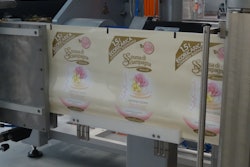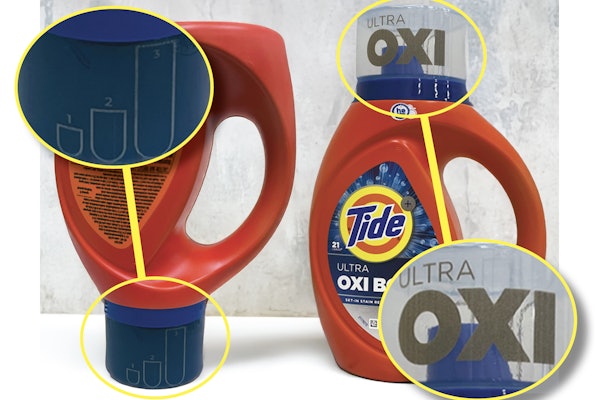1. Be transparent and consistent. Suppliers can only quote solutions based on what you’ve told them. If you’re not consistent with the information you provide to suppliers, you’re not getting apples-to-apples comparisons. Avoid keeping small pieces of information from suppliers because they seem inconsequential. Often, they can be quite the opposite.
2. Look for industry-specific experience. A company whose strength is in snack packaging may not be the wisest choice for a frozen entrée application. Manufacturers of f/f/s equipment often build areas of strategic expertise around certain industries and applications. Request customer references for applications in your industry.
3. Find out if they play well with others. When things go well, everyone slaps one another on the back. But when a project runs into trouble, you don’t want suppliers pointing fingers at one another. Ask for a customer reference on a difficult install and find out what the supplier did to make it right. All suppliers experience bumps in the road to multivendor installations; reputable suppliers work diligently to maintain a sterling reputation with customers and the industry at large.
4. Investigate relationships with film vendors. Consider avoiding machinery vendors that only work with one or two material suppliers. A machine that is designed to run film from one or two suppliers may not be as robust as one made to work with multiple films from different vendors. Look for equipment vendors that have worked with films from multiple sources.
5. Don’t make assumptions based on past history. Don’t automatically eliminate a supplier because of a supposedly poor reputation or a bad experience from long ago. Conversely, don’t skip customer reference checks from a supplier with a supposedly good reputation. Things change all the time, and companies that provided bad service years ago may provide good service today, and vice-versa.
6. Look to vendors that have strong strategic alliances with other OEMs. Because integration is vital across a line, it’s important that suppliers recognize their core competencies and develop working relationships where other expertise is needed. Seldom will a plant install a complex line using a single, turnkey machinery supplier. More commonly, there will be some need to integrate additional new and best-of-breed machinery, or even existing equipment. No one company is a master of all the technologies involved in today’s flexible packaging; be wary of any presenting themselves as such.
Liked this article? Download the entire playbook here.



























